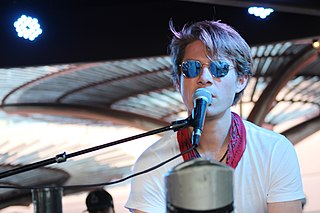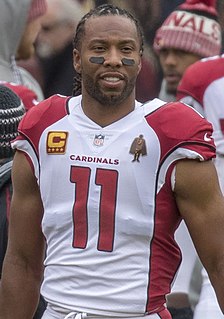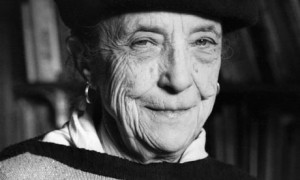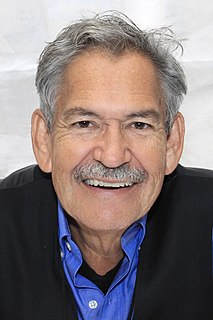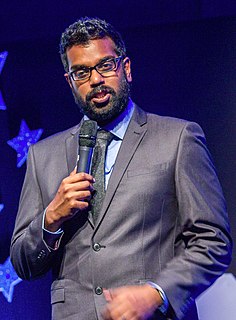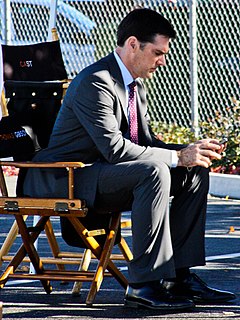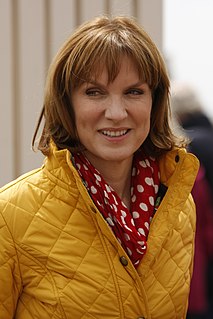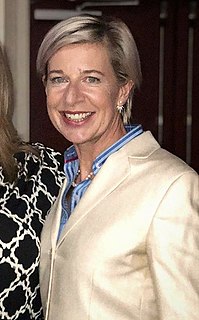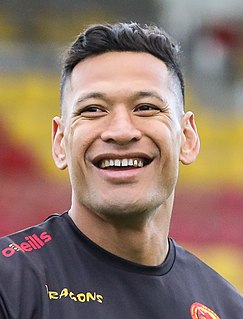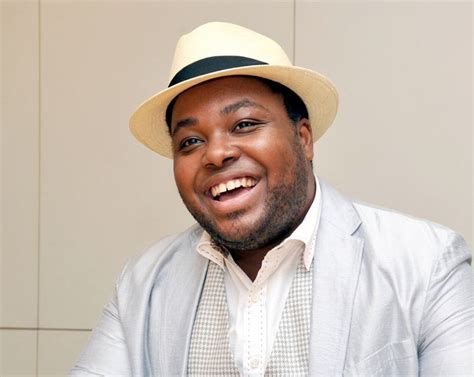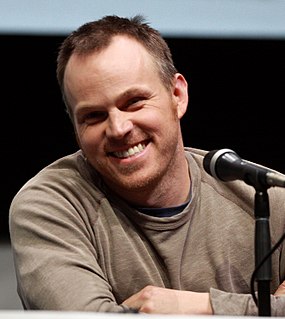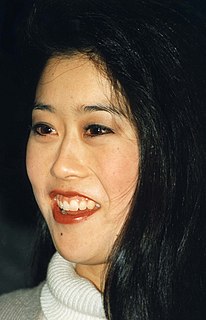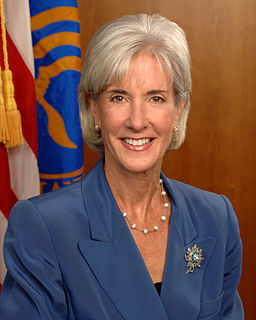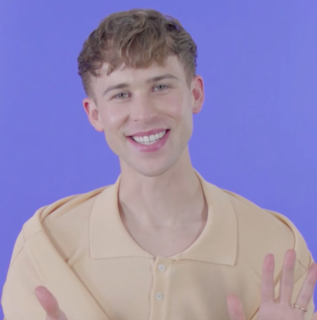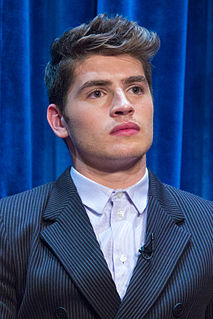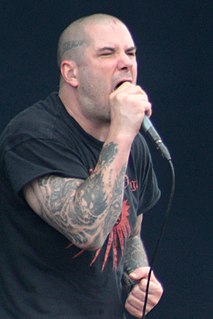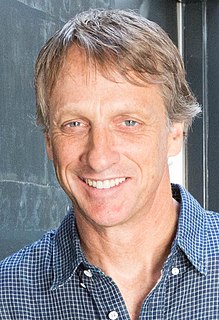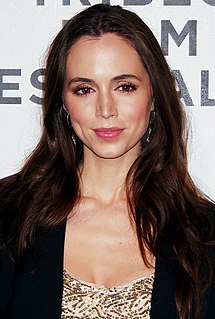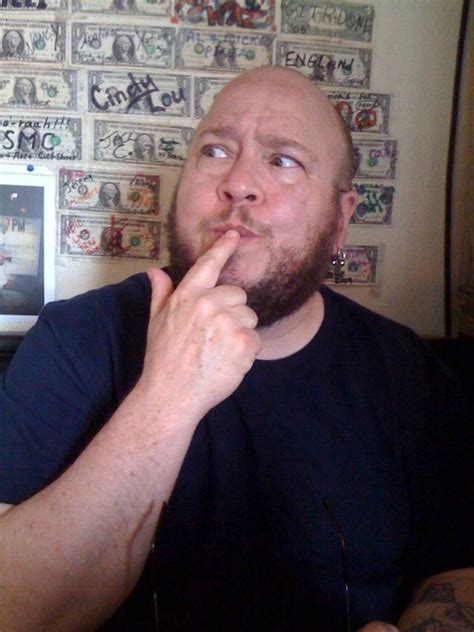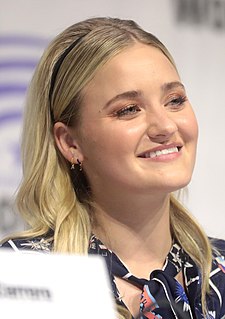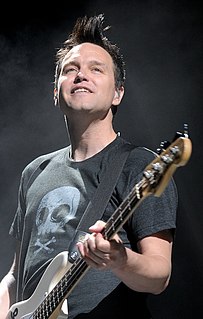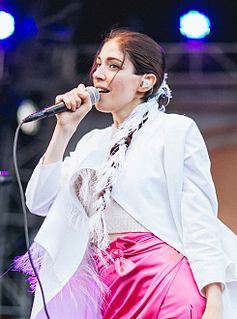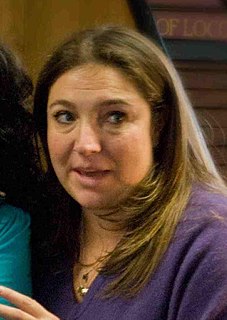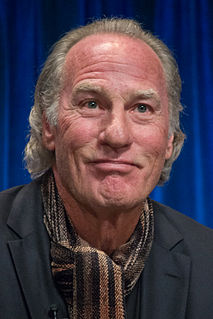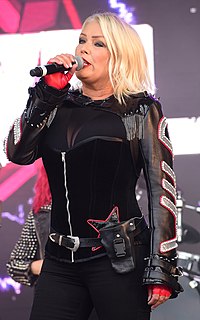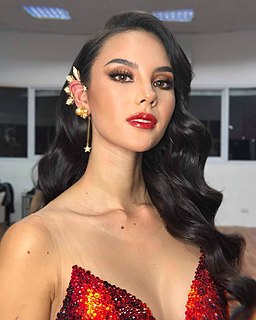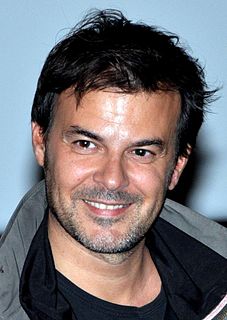Top 1200 Young Parents Quotes & Sayings
Explore popular Young Parents quotes.
Last updated on December 3, 2024.
People have a comic bent or an angularity to their thinking, and those are the people who make jokes. And it's usually people who were in an environment, when they were young, where jokes were at a premium, or at least considered important to a life. My parents always listened to the comedy radio shows, we went to the comedy movies, and my parents appreciated comedy. So kids listen and follow what their parents like.
Almost 40% of all young adults are living with their parents. This is a 75-year high in America. Forty percent of young adults are living with their parents. I see stuff like this, and I think it's a good thing I didn't become a parent, because if that were happening to me, you wouldn't want to be my kid.
There are great parents of small children - they keep their little hair in bows - but those parents are not always good parents of young adults. As soon as their children get up to some size, it's "Shut up, sit down, you talk too much, keep your distance, I'll send you to Europe!" My mom was a terrible parent of small children but a great parent of young adults. She'd talk to me as if I had some sense.
My parents took me to see plays, starting from when I was very little. Oftentimes, I was too young to understand. I don't know what my parents were thinking - 'Who's Afraid of Virginia Woolf' when I was eight years old, that kind of thing. So lots of times, I didn't understand what was going on, but I just loved the sound of dialogue.
And look, we have young people in this country who are thirty years old living with their parents. We have young people in this country who don't have jobs, who graduate from college and are fed the lie of meritocracy. "You get a degree, you get a job." That's not happening. We have young people who have become the Zero Generation: zero hope, zero employment, zero possibilities. Do we really believe that this young generation is going to stand by and not take note of an economic system that - however it calls itself - has completely betrayed them?
For me, there were a few things in the Spider-Man comics that I thought were really interesting. There's this story about Peter's parents and where he came from, and I thought that it was really interesting to explore the emotional consequence of someone whose parents had left them, at a very young age.
History is a story like any other, but black history is a story so devoid of logic that it frustrates the young reader. The young readers in my house, told of slavery and segregation, asked in disbelief, 'What? Why?' We - the parents of black children, the parents of all children - still need to tell that story.
Consider Social Security. The young have always contributed to the support of the old. Earlier, the young helped their own parents out of a sense of love and duty. They now contribute to the support of someone else's parents out of compulsion and fear. The voluntary transfers strengthened the bonds of the family; the compulsory transfers weaken those bonds.
To me, the main difference between young people now and the people I was young with isn't so much style, it's the relationships they have with their parents. Their parents like them much more than ours liked us. Our parents weren't our friends. But now I see my friends on the phones with their, what, 30 - year - old kids? And they're talking about feelings.
One of my own kids was in a class with a friend who had two mums, and that was absolutely normal right from a very young age. I think it's important that we absolutely accept equality in every area whilst at the same time respecting that parents may have concerns about how young their children are when they become aware of these things.
You're 25 and you're looking at adults of your parents' age and older saying, "I don't want to live that way," and this is how it happens. It evolves slowly and it's not the result of any movement. It's just young people look at the way their parents are living and if they don't like it they don't want to duplicate it.
When you’re young, your world is pretty limited. My parents, my family, my church dominated my world. And because Birmingham was so segregated, I didn’t really have to encounter the slings and arrows of racism on a daily basis. Obviously, from time to time I did, like when my parents took me to see Santa Claus and he wasn’t letting black children sit on his knee. But my parents tried to insulate me as much as they could.
I think skateboarding is better now in terms of the amount of facilities and the amount of support young skaters have - including encouragement from their parents. There was definitely an element to it when I was younger that was exclusive and kind of rebellious because most parents didn't want their kids skating. They thought it was a bad influence.
So many people grew up in the church, and you can have an awesome upbringing, but I made a personal conviction; I made a personal decision when I was very young. I enjoy going to church without my parents. On Sunday mornings, I want to go. Bible studies on Wednesdays... I have a relationship - not just through my parents.
Mothers and fathers act in mostly similar ways toward their young children. Psychologists are still highlighting small differencesrather than the overwhelming similarities in parents' behaviors. I think this is a hangover from the 1950s re-emergence of father as a parent. He has to be special. The best summary of the evidence on mothers and fathers with their babies is that young children of both sexes, in most circumstances, like both parents equally well. Fathers, like mothers, are good parents first and gender representatives second.
Parents who are cowed by temper tantrums and screaming defiance are only inviting more of the same. Young children become more cooperative with parents who confidently assert the reasons for their demands and enforce reasonable rules. Even if there are a few rough spots, relationships between parents and young children run more smoothly when the parent, rather than the child, is in control.
I had in mind a case close to my family, friends of my parents, who seemed to be the perfect bourgeois family, and a young boy, who when he was 17, committed suicide. It was such a shock. The parents didn't understand. Nobody understood why he did that. Everybody was exploring his life, trying to understand what the problem was. Everybody had a feeling that this guy had the perfect life: he was beautiful, he was clever... but he did that. I had that in mind, about Isabelle in Young and Beautiful, for the parents to see adolescents like aliens.
The presence of a grandparent confirms that parents were, indeed, little once, too, and that people who are little can grow to be big, can become parents, and one day even have grandchildren of their own. So often we think of grandparents as belonging to the past; but in this important way, grandparents, for young children, belong to the future.
